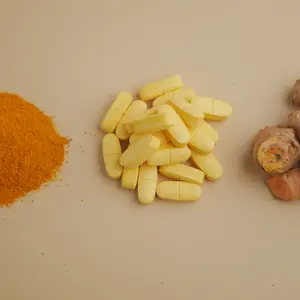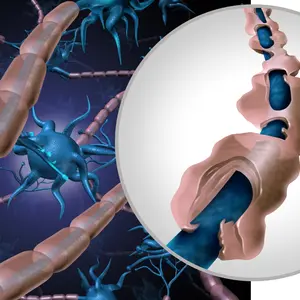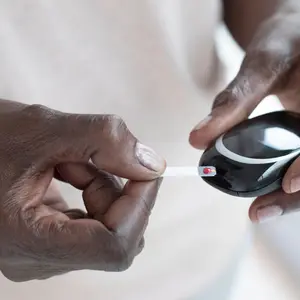

Chronic Conditions and Diseases

Chronic Conditions and Diseases
Substance Use Disorder and the Gut
While the gut and brain are two separate organs, they “speak” to each other in many ways (the gut-brain axis). While it is widely understood that the brain is involved in addiction, it is less recognized that the gut microbiome may also be involved, and a growing body of research has linked substance use disorders with the makeup and functioning of the microbiome.
Substance abuse disorders are characterized by chronic dependence on alcohol, opioids, or other drugs which have negative mental, physical, and social consequences. Substance use disorders are associated with changes in the makeup of the gut microbiome, decreasing the “good” microbes and increasing inflammatory ones, as well as disrupting the integrity of the intestinal barrier. Substance abuse disorders are often marked by inflammation of the intestine, partially due to this “leaky” barrier. This inflammation is not just local to the gut, but can also enter circulation and cross the blood-brain barrier and impact the brain. This neuroinflammation may also influence responses to, and tolerance of, the substances themselves.
Opioids (e.g., morphine, fentanyl, and heroin) bind to cellular receptors not just in the brain, but in other areas of the body as well, including the gut. They decrease the perception of pain and boost feelings of pleasure and well-being, which makes them incredibly addictive. Over time, someone may need a higher and higher dose of an opioid to feel the same effects, which increases the potential for overdose. Indeed, most drug overdose deaths in the US involve an opioid (nearly 75% in 2020).
Recent research from the University of California, Irvine has found that gut microbes are involved in opioid-seeking behavior. When the researchers depleted the gut microbiota of rats with antibiotics, it significantly increased how much fentanyl the rats self-administered. The researchers believe it is reasonable to assume that the gut microbiome can modulate opioid use.
Current strategies for treating substance use disorders (e.g., medication, counseling, and behavioral care) have a low rate of success, and 40-60% of individuals who undergo treatment eventually relapse. Supplementation with targeted probiotics and/or short-chain fatty acids could potentially reduce the impact of substance abuse disorder.
REFERENCES
Barron, M. (2023, March 28). The gut microbiome and drug addiction — an emerging link. American Society for Microbiology. https://asm.org/Articles/2023/April/The-Gut-Microbiome-and-Drug-Addiction-An-Emerging



 By
By








